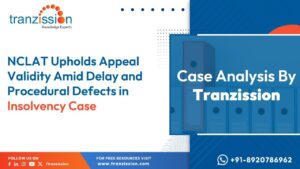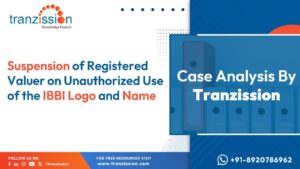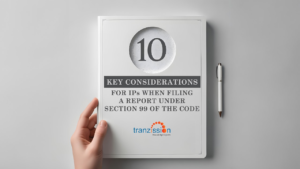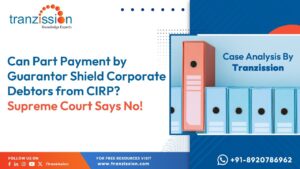
10 Key Considerations for Insolvency Professionals When Filing a Report Under Section 99 of the Code
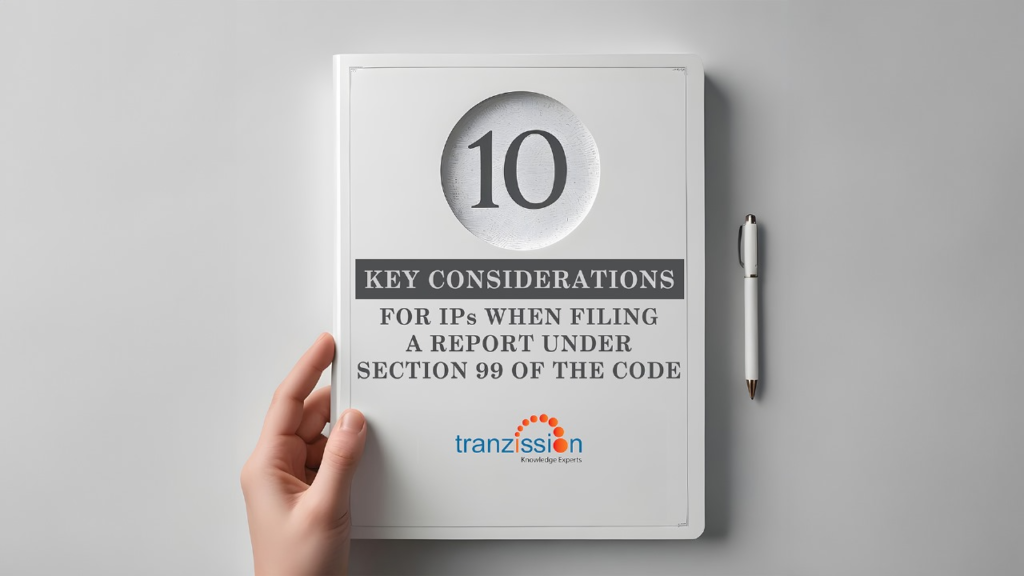
Table of Contents
When preparing reports under Section 99 of the IBC, Insolvency Professionals must adhere to crucial guidelines. These guidelines are critical to avoid significant compliance repercussions, recognizing the heavy responsibility vested in IPs by lawmakers. A thorough, factually complete report is necessary, as it not only aids the court and conserves judicial time but also underpins the application’s acceptance. Conversely, a carelessly prepared report risks rejection and could negatively impact the professional reputation of the IP.
Here are the 10 key considerations for IPs when filing a report under Section 99:
1. Maintain Neutrality
When preparing the report, it is essential to remain impartial. Even if the Insolvency Professional was suggested by the creditor or compensated by them, neutrality must be preserved to ensure the credibility of the process.
2. Ensure Factual Accuracy
Insolvency Professionals must meticulously verify all relevant facts. This includes examining the deed of guarantee, the exact date of guarantee invocation, payment history, and default amount calculations. The focus should be on whether the facts support the admission of the application.
3. Legal Compliance
The Insolvency Professionals must ensure that the application complies with legal requirements under Sections 94 or 95 of the Code. This includes verifying the limitation period and the overall maintainability of the application.
4. Thorough Examination
Insolvency Professionals have a significant responsibility to detect any fraudulent intentions behind the application. This necessitates an in-depth examination conducted with the highest level of care and diligence.
5. Information Gathering
To make an informed recommendation, the IP may need additional information from the debtor, creditors, or other relevant parties. Section 99(4) provides the authority to request such information, ensuring that the report is comprehensive.
6. Adhere to Timelines
Time management is crucial, as the entire examination and report submission must be completed within 10 days as mandated by Section 99. This tight timeframe requires prompt and efficient work from the Insolvency Professionals.
7. Consider Debtor Objections
While preparing the report, Insolvency Professionals should also take into account any objections raised by the debtor. This ensures a balanced and fair evaluation.
8. Clear Recommendations
The recommendations made by the Insolvency Professionals should be transparent and well-documented. Clearly spell out the reasons behind each recommendation to provide a solid basis for the decision.
9. Attend Hearings Before the Tribunal
Insolvency Professionals should be present during the consideration of the application by the Adjudicating Authority. This presence ensures that any questions or clarifications needed can be addressed immediately.
10. Comprehensive Reporting
Even though there is no prescribed format for the report, it is crucial to state all facts, actions taken, and the grounds for the recommendations in a sequential and logical manner. Supporting documents should be attached as evidence to reinforce the report’s findings.
By following these considerations, Insolvency Professionals can ensure their reports under Section 99 are thorough, unbiased, and legally sound, thereby contributing to a fair and transparent insolvency process.

